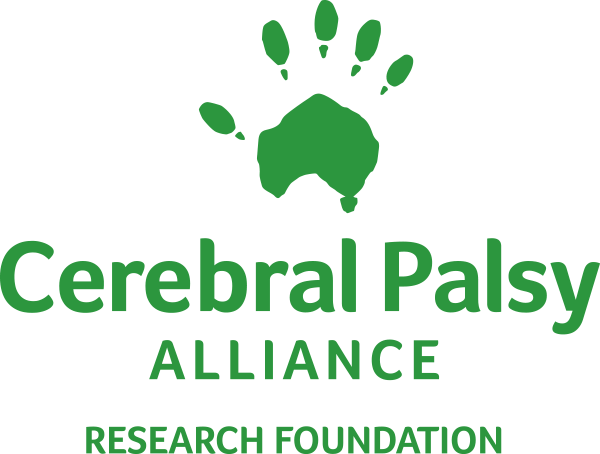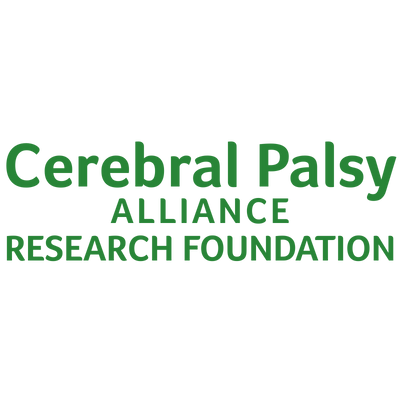
Although cerebral palsy is a lifelong disability, there are many interventions that can help reduce its impact on the body and the individual’s quality of life. An intervention is a service that aims to improve the condition of cerebral palsy and the day-to-day experience of the person living with it.
Children with cerebral palsy may be supported by a team of professionals including health professionals and community-based support services who work together to help the child and family reach their goals.
Through their late teens and early 20s, many young people take increasing responsibility for their own health and wellbeing. Their team may include health professionals and mainstream community providers such as fitness trainers.
Interventions for movement issues
Medication
Medical specialists may prescribe medications that assist movement issues. Some medications are taken orally (e.g. diazepam) and others are injected or delivered through surgically implanted pumps (e.g. Baclofen). Many children with cerebral palsy benefit from Botulinum toxin type A injections into muscles affected by spasticity. This intervention is used from about two years of age and is most effective when used in conjunction with therapy.
Surgical procedures
Selective Dorsal Rhizotomy (SDR) is a neurosurgical procedure that is used in a small percentage of children with cerebral palsy to permanently reduce spasticity in their legs.
Physical therapy and occupational therapy
Physiotherapists and occupational therapists focus on encouraging a person’s day-to-day movement skills such as sitting, walking, playing, dressing and toileting. They will use a range of specialist interventions such as movement training and equipment, e.g. walking frames, wheelchairs, supportive seating, footwear and orthotics.
Interventions for muscle, bone and joint issues
Surgical procedures
Orthopaedic surgeons correct joint deformities and lengthen muscles. Surgery usually takes place in a child’s late primary years or early adolescence to improve walking quality and reduce pain. Paediatric rehabilitation specialists support the management of some of the conditions associated with cerebral palsy, such as spasticity, musculoskeletal issues and growth.
Casts, splints and muscle strengthening
Physiotherapists and occupational therapists may also focus on preventing impairments that might affect movement. They use casts, orthotics and muscle strengthening exercises.
Interventions for communication issues
Speech pathology
Speech pathologists assess and provide intervention for communication skills. This includes understanding what is being said and learning to use words and sentences. Treatment (intervention) for communication often involves the use of augmentative or alternative communication systems, such as signing, communication boards and speech generating devices.
Interventions for intellectual disability and learning difficulties
Assessments, special education and learning strategies
Psychologists can provide assessment of a child’s learning and development. Special educators work with families to develop a program of interventions to address each child’s learning needs. Occupational therapists can facilitate a child’s active participation in these learning activities.
Psychologists and occupational therapists can provide assessment and recommend learning strategies to compensate for perceptual difficulties.
Interventions for epilepsy
Medication
Medical specialists may prescribe antiepileptic medication to minimise the number of seizures. They will also guide families on the management of seizures when they do occur.
Interventions for pain management
Medication
Pain may be treated through medication and by addressing the underlying cause of the pain, e.g. by treating muscle contractures.
Cognitive-behavioral therapy
Psychologists may offer cognitive-behavioral therapy for chronic pain. This process works to help a person change the way they think about pain and, in turn, how they feel and behave about pain.
Massage therapy and hydrotherapy
Temporary relief of pain may be assisted through massage or hydrotherapy.
Interventions for sleep disorders
Medication
Medical specialists may prescribe medication or treat the associated issues that impact on sleep.
Behavior therapy
Psychologists may assist with behavior therapy or help families to establish routines to help resolve children’s sleep issues.
Sleep systems
For children with postural issues that make sleep difficult, occupational therapists and physiotherapists may prescribe special sleep systems to help children feel more comfortable in bed.
Interventions for behavior and emotional issues
Behavior therapy and counselling
Psychologists can offer assessment and support for emotional and behavioral challenges, which may include behavior therapy and cognitive behavior therapy. Social workers support people with cerebral palsy and their families in many ways, including strengths-based counselling and mutual aid groupwork.
Interventions for issues with eating, digestion and nutrition
Medication and surgery
Treatment (intervention) for severe difficulties with digestion, such as gastro-oesophageal reflux (GOR) includes medications or sometimes surgery. If the individual has severely limited eating skills or experiences an unsafe swallow, non-oral feeding may be recommended. This involves a surgically inserted feeding tube to the stomach or the small intestine.
Medical interventions are performed by medical specialists in hospitals.
Speech Pathology and Dietary Advice
Speech pathologists provide assessment and treatment (intervention) for eating, drinking and swallowing difficulties. Examples of these are learning to use the muscles of the mouth better, using specially designed utensils and sitting in an optimal position.
Dietitians provide advice on improved and balanced nutrition.
Interventions for issues with saliva control (dribbling and drooling)
Speech pathology
Speech pathologists may suggest various strategies to help people manage saliva loss. These include remembering to wipe their mouth and wearing age-appropriate clothing protection.
They may also recommend special exercises for the face and mouth, which may lead to better ability to control saliva.
Medication
Medical specialists may prescribe medication for saliva control. This is not usually considered a long term treatment option, but can be useful to dry up saliva temporarily. Botulinum Toxin Type A, injected into the salivary glands has also shown to reduce the secretion of saliva. In severe cases of drooling, surgery may be suggested to permanently manage saliva.
Interventions for hearing and vision impairment
Hearing and Vision impairment are managed as they are for the general population by Opthamologists, Optomitrists, Audiologists and Doctors (GPs). Interventions include corrective eye wear (glasses), contact lenses, hearing aids and in some cases medication or surgery.

